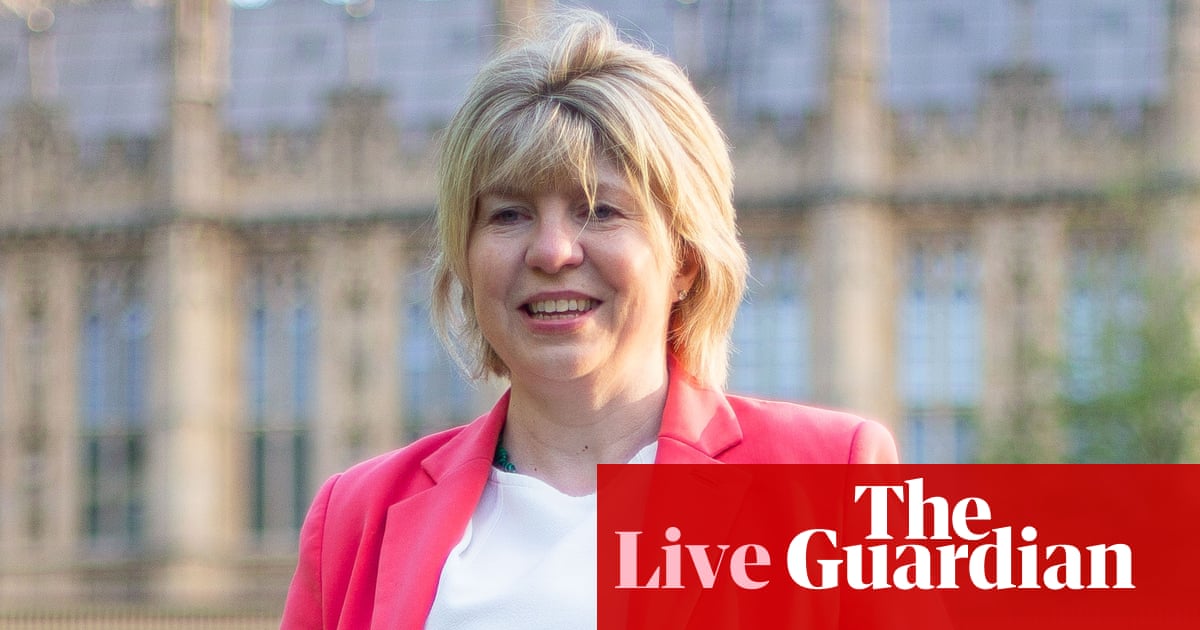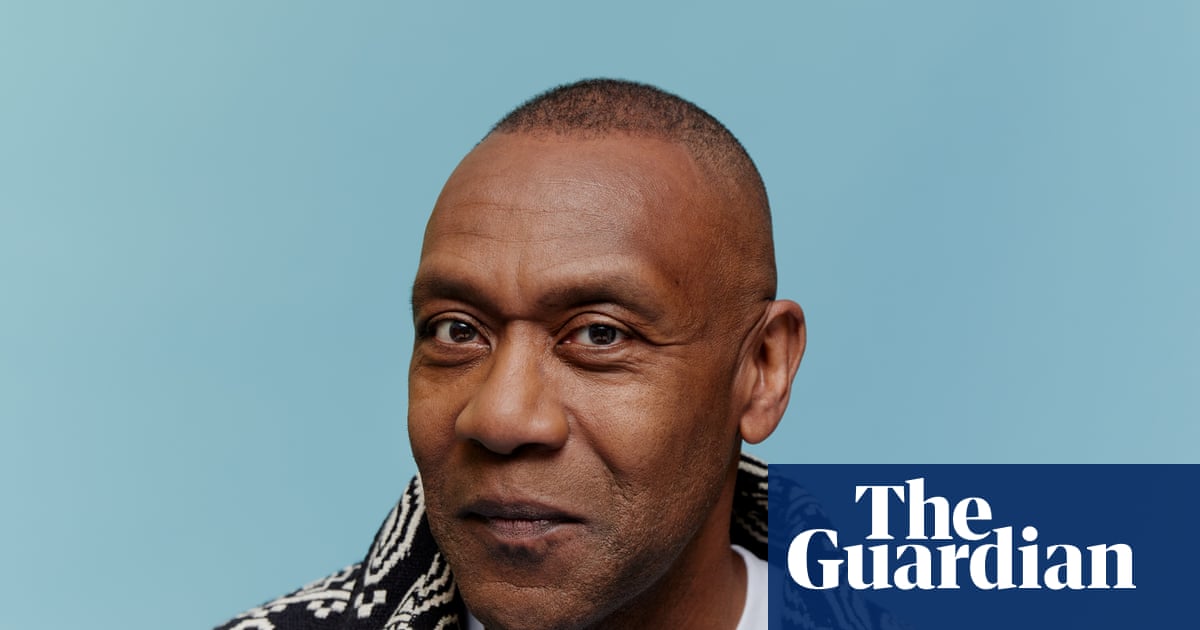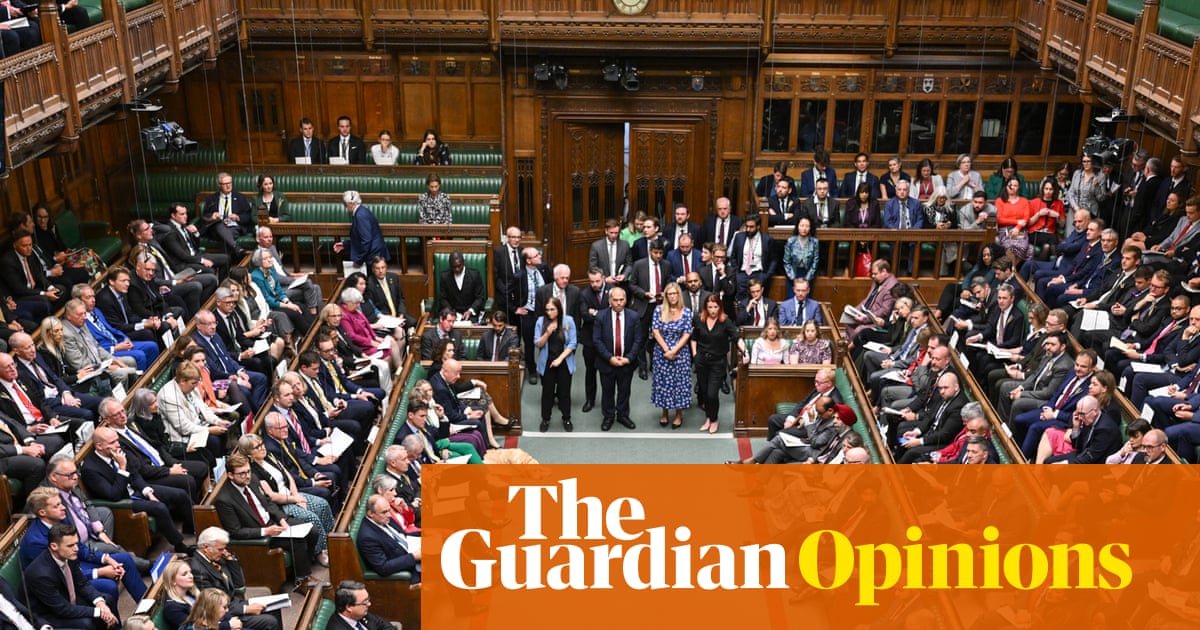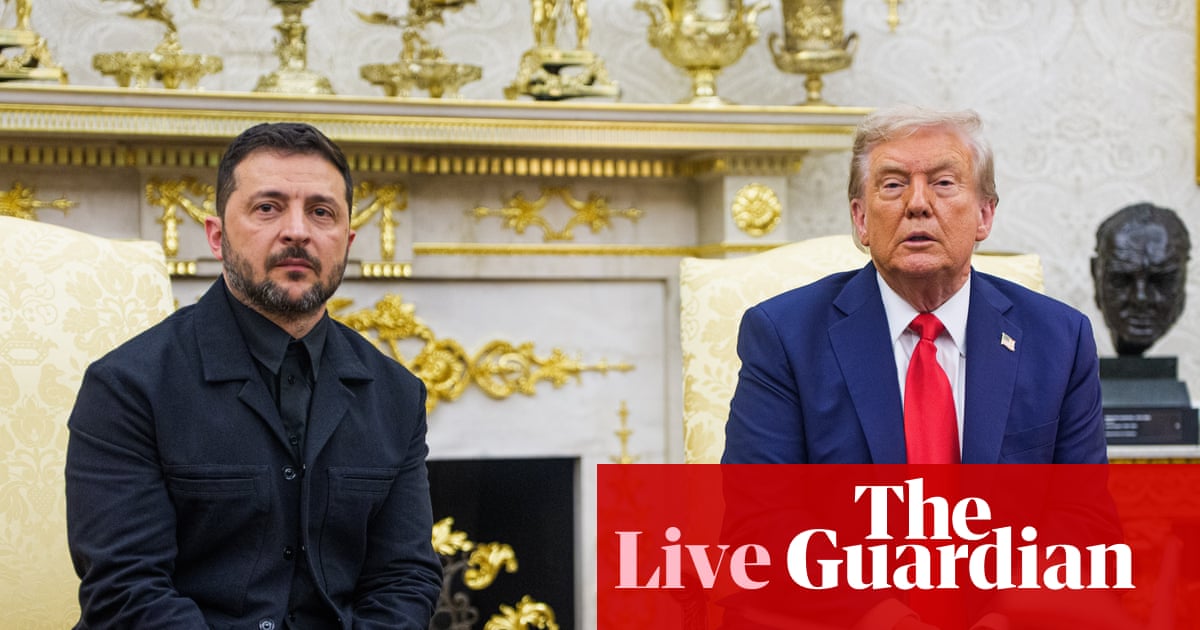Keir Starmer’s No 10 increasingly has “buyer’s remorse” about the new cabinet secretary, Chris Wormald, who has only been running the civil service for six months, Downing Street and Whitehall sources have told the Guardian.
Wormald, who was the permanent secretary at the Department of Health and Social Care during the Covid pandemic, was chosen by the prime minister from a shortlist of four names.
Starmer made his pick in consultation with the head of the civil service and the first civil service commissioner, saying at the time that Wormald “brings a wealth of experience to this role at a critical moment in the work of change this new government has begun”.
However, multiple sources said some people around Starmer were growing to view the choice of Wormald as “disastrous” for the prospects of radical reform of the civil service and had begun to explore options for how to work around him.
One said Wormald was viewed as “insipid” and prone to wringing his hands about problems rather than coming up with solutions, and too entrenched in the status quo.
The Spectator reported on Thursday that Starmer had picked Wormald despite others being looked on more favourably by the expert panel that had shortlisted the candidates. It quoted a cabinet minister as saying: “If you want to do drastic reform of the state, you don’t appoint someone whose grandfather and father were both civil servants.”
It is understood the panel did not rank the candidates, so there was no preferred choice, but gave four “appointable” names who would do the job well and assessments of each one.
The shortlist of four also included Antonia Romeo, now permanent secretary at the Home Office, Olly Robbins, the Foreign Office permanent secretary, and Tamara Finkelstein, the permanent secretary at the Department for Environment, Food and Rural Affairs.
A government spokesperson said: “The appointment decision was made in line with the usual procedures for appointing permanent secretaries. Under this process, a panel proposes a shortlist of appointable candidates for a final decision by the prime minister.
“The cabinet secretary is leading the work to rewire the way government operates, driving efficiency and reducing bureaucracy as part of prime minister’s plan for change to renew our country.”
The doubts about the choice of Wormald as cabinet secretary are not new but it has been a difficult few weeks for Starmer on domestic policy, with questions over why he became distracted by foreign affairs and missed the implications of a looming rebellion on welfare cuts.
The cabinet secretary is the prime minister’s most senior policy adviser and also responsible for running the civil service.
In the past, prime ministers have attempted to solve problems with how No 10 and the government is run by splitting the role into a cabinet secretary, a Cabinet Office permanent secretary and a separate head of the civil service, as happened under David Cameron.
These were merged back into a single cabinet secretary in 2014 after a three-year experiment in dividing power.
The Times reported in April that No 10 was considering greater changes to the machinery of government to create more executive power at the centre, with fewer procedural demands on officials’ time, a higher bar for public inquiries, and a civil service that better reflects Britain’s class diversity.
On his appointment, Wormald told civil servants they would have to “do things differently” and promised a “rewiring of the way the government works”.
His position is likely to come under further scrutiny when the next stage of Covid inquiry reports are published in the autumn on core political and administrative decision-making. The first report found there had been “a lack of adequate leadership” in Britain’s pandemic preparation, saying the civil service and governments “failed their citizens”.

.png) 2 months ago
24
2 months ago
24

















































